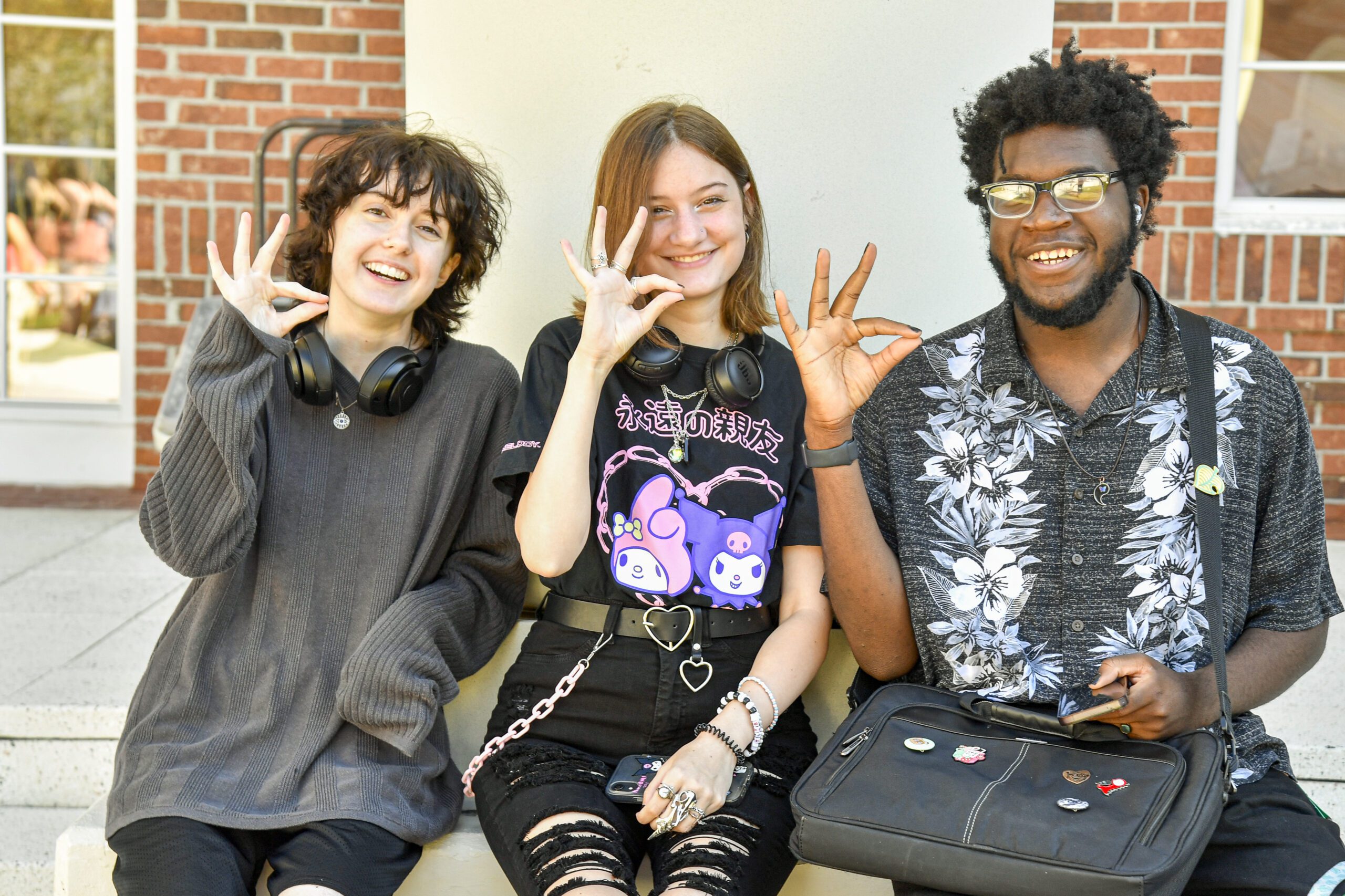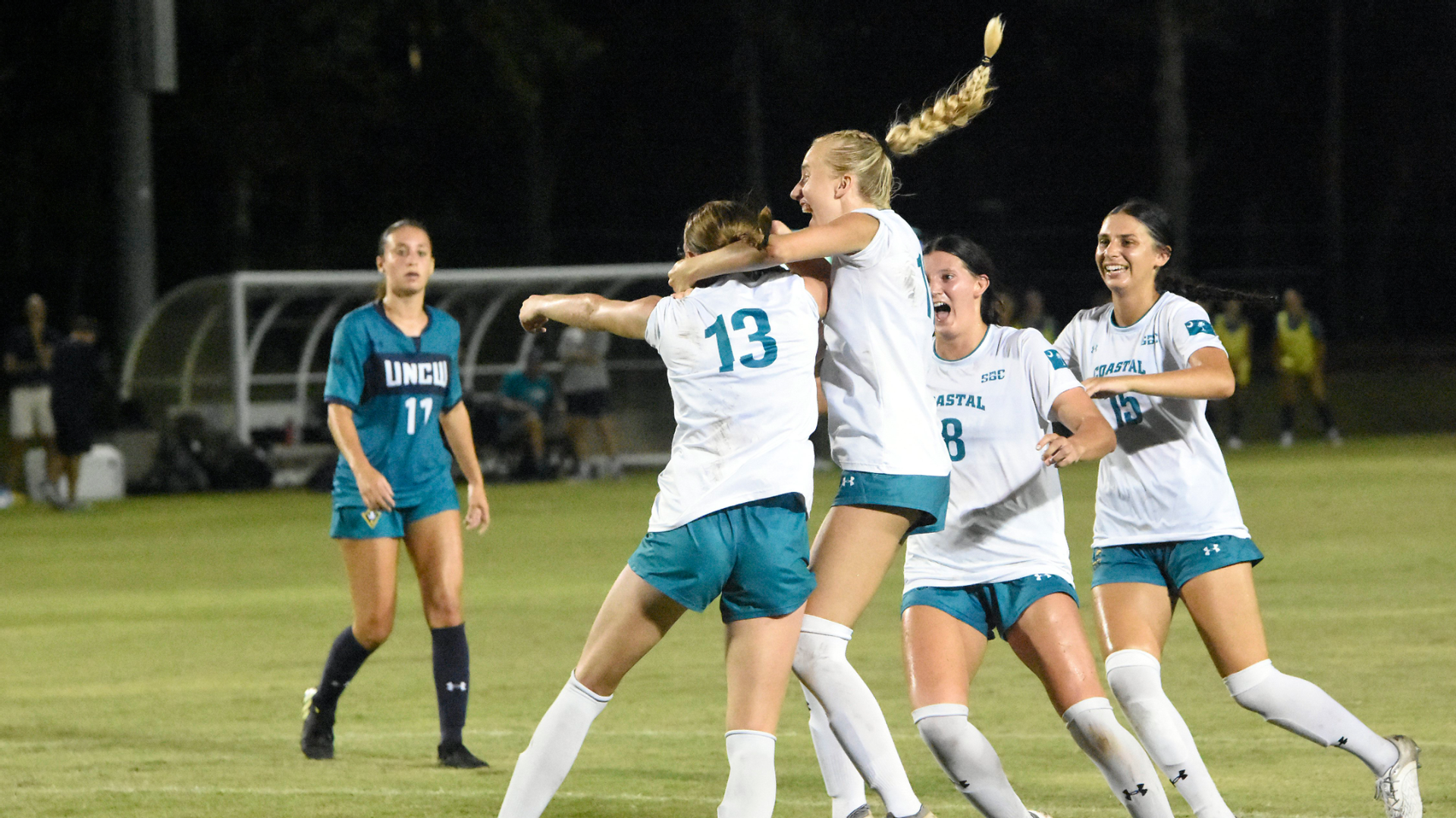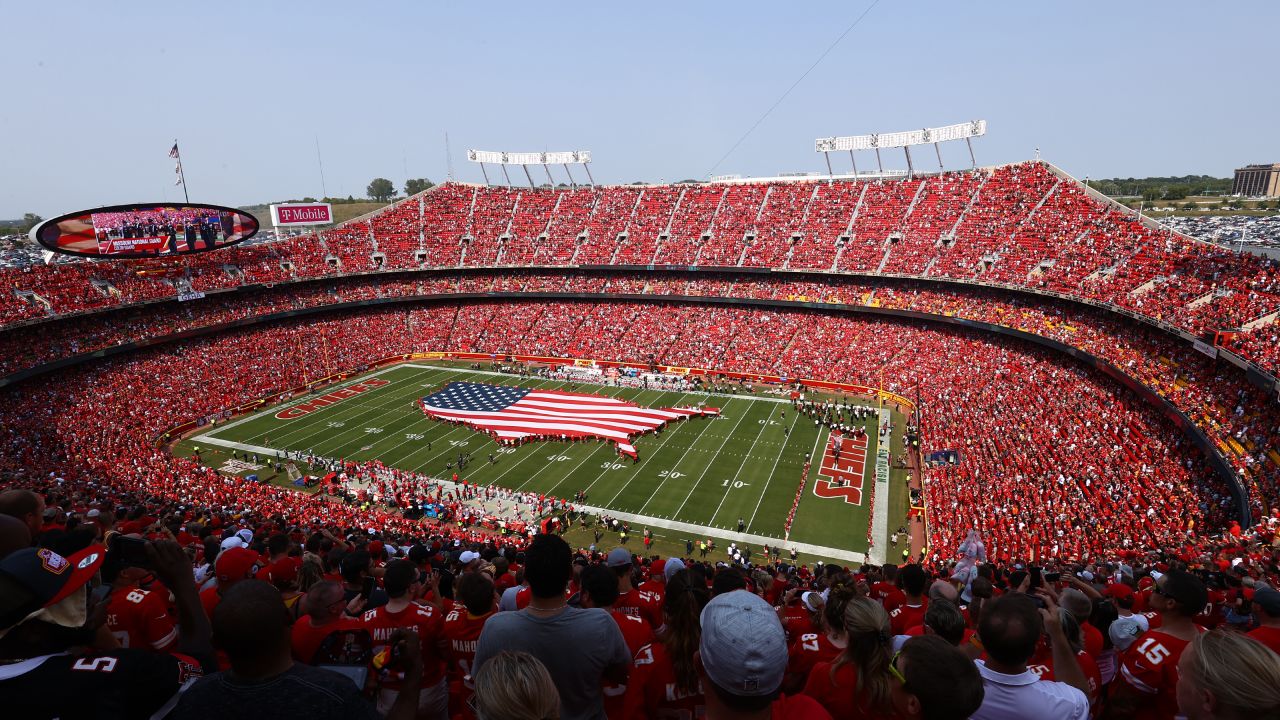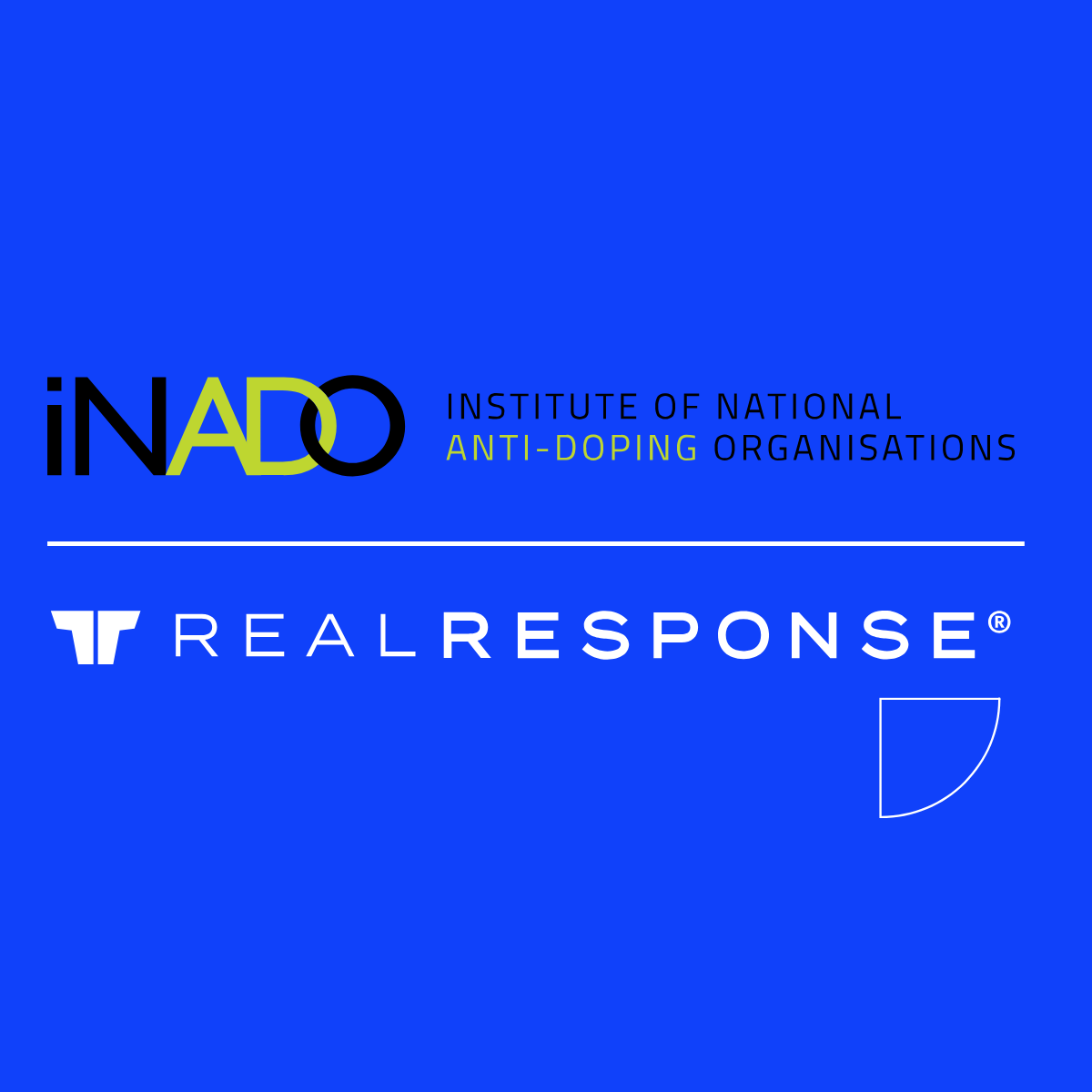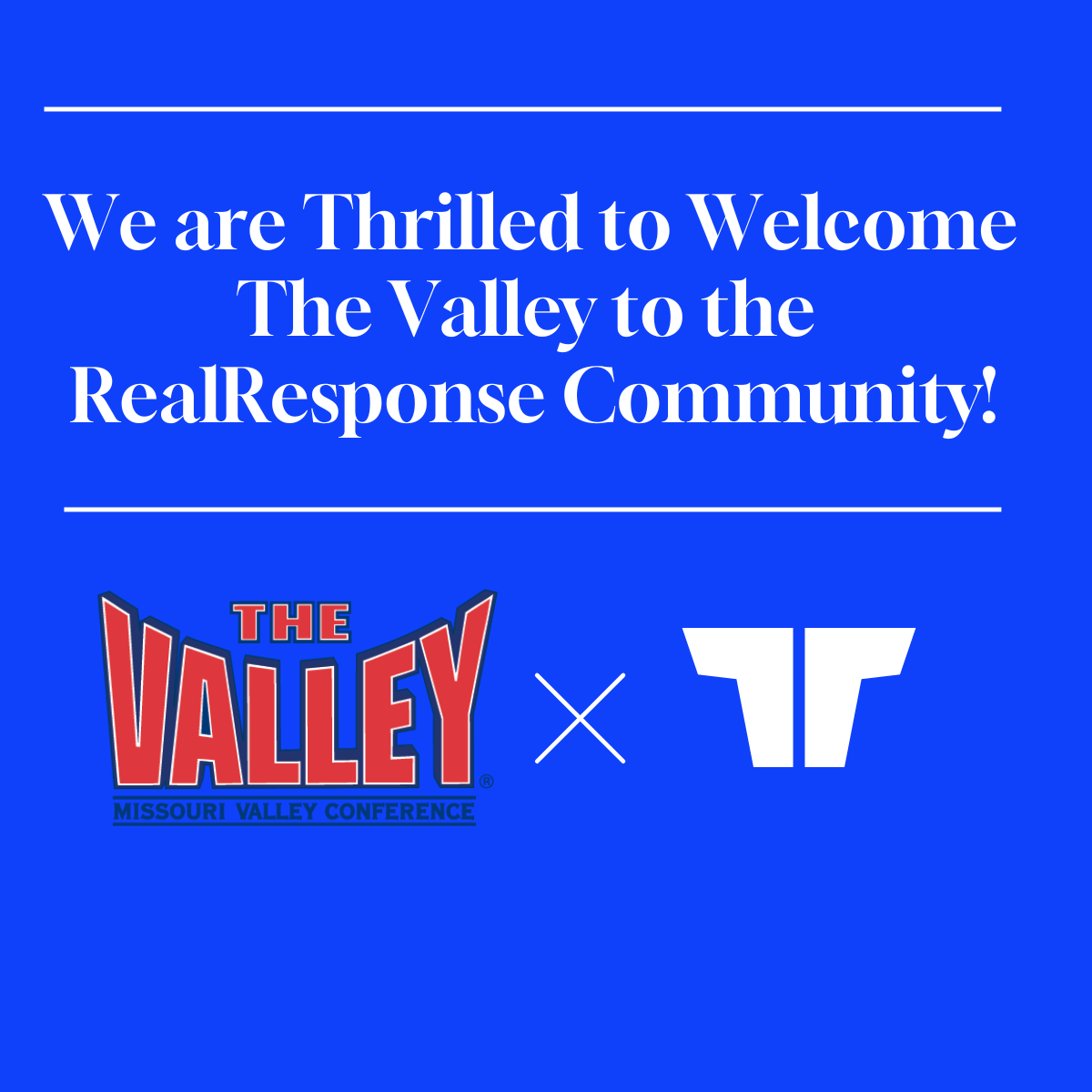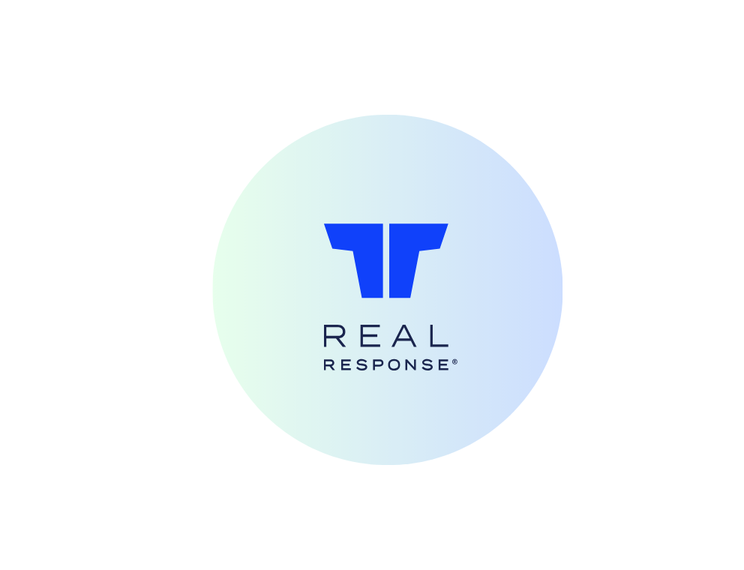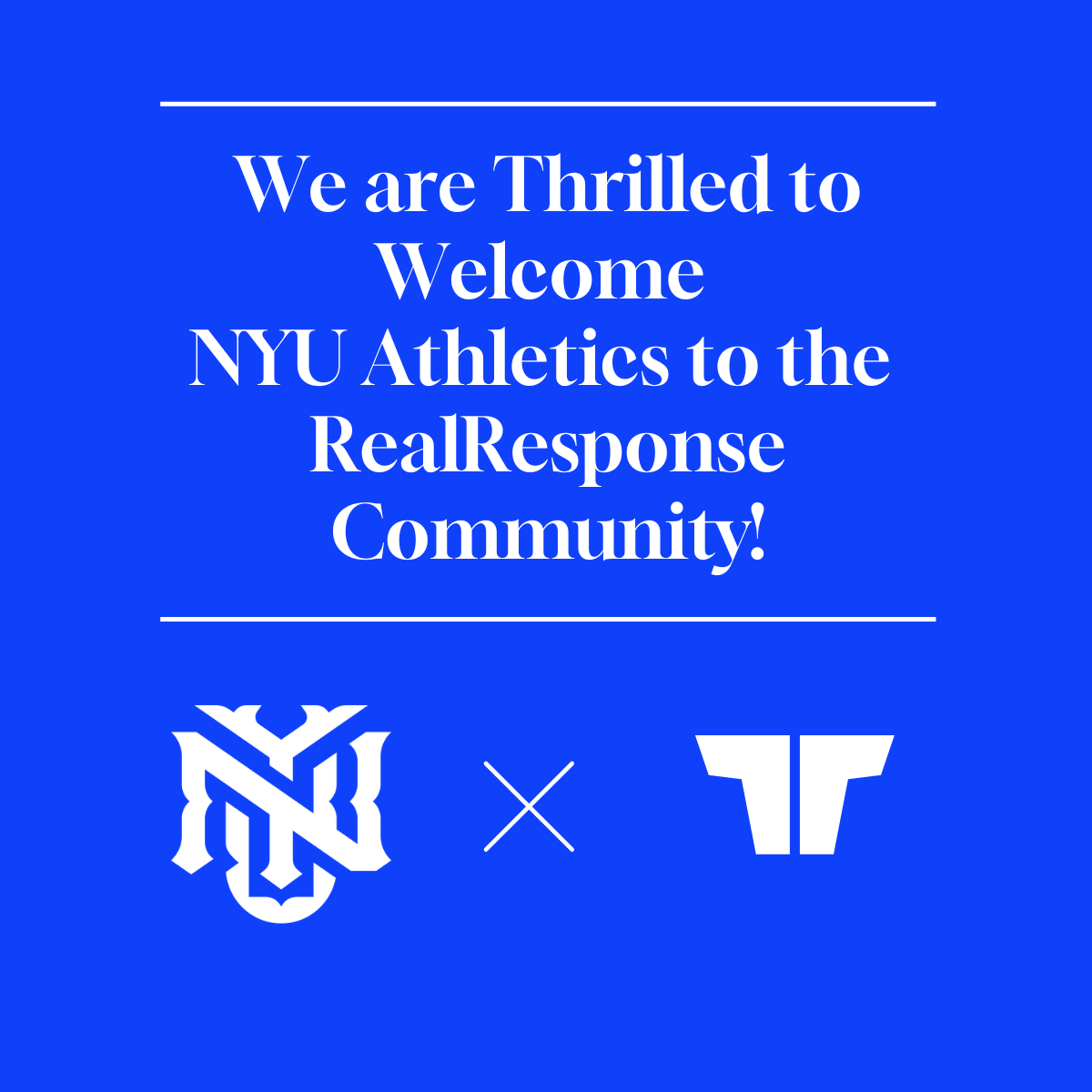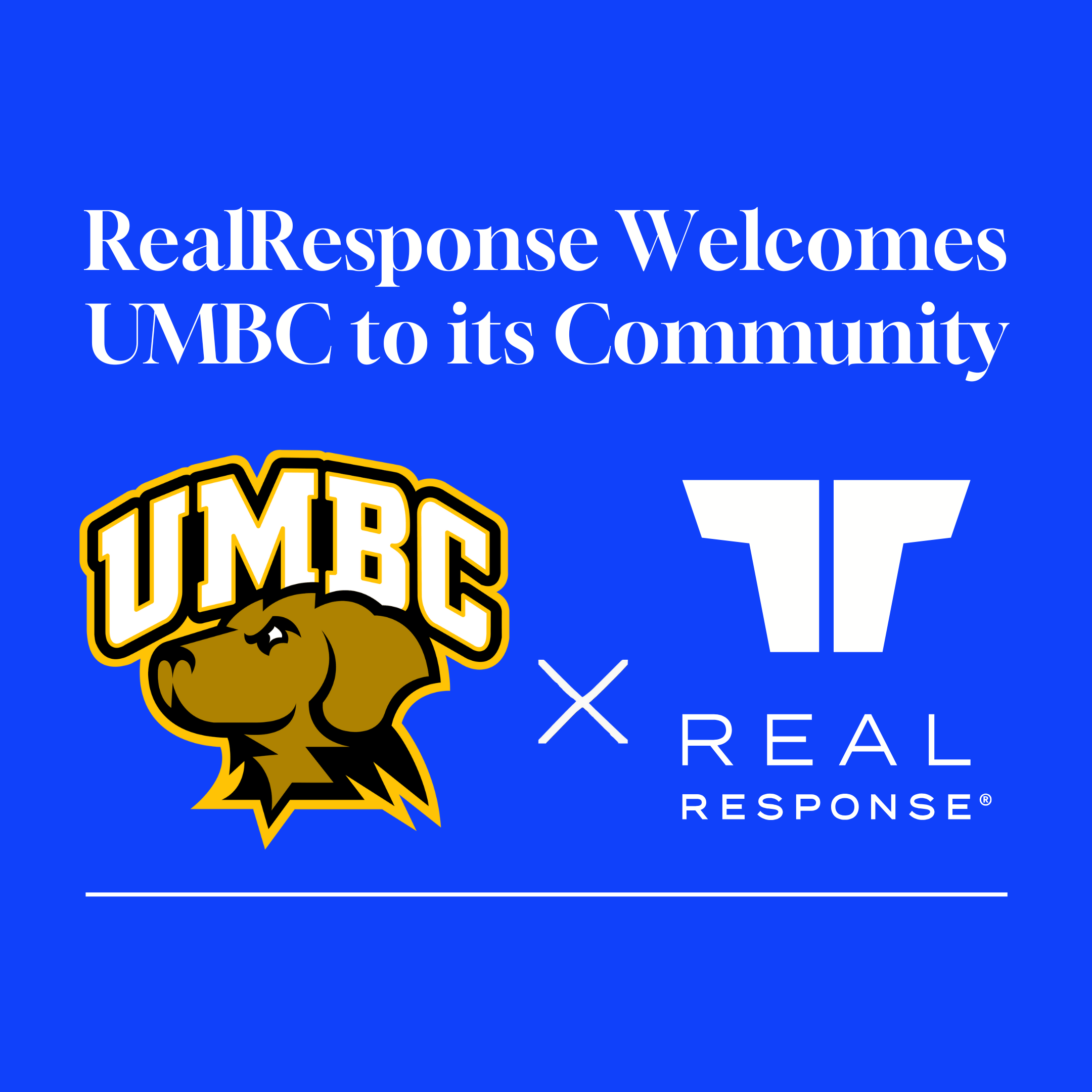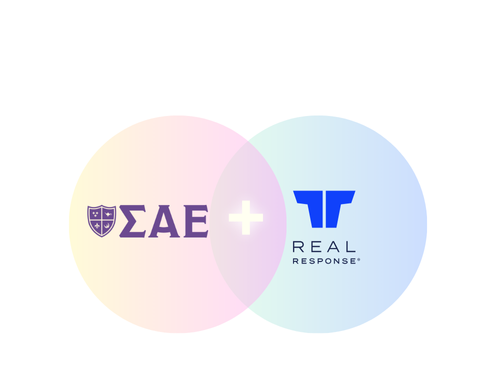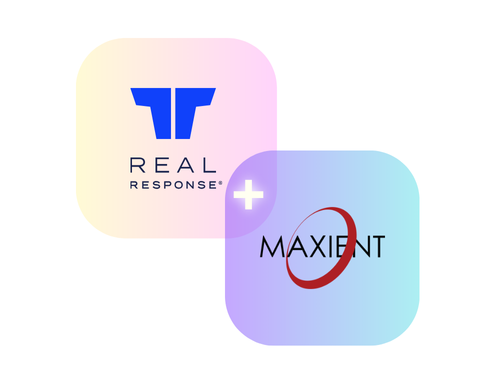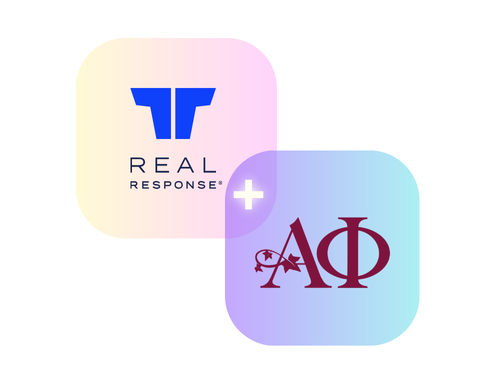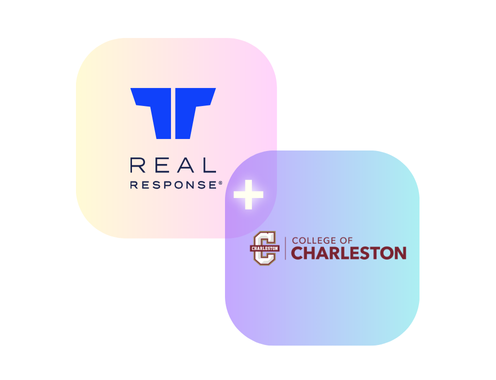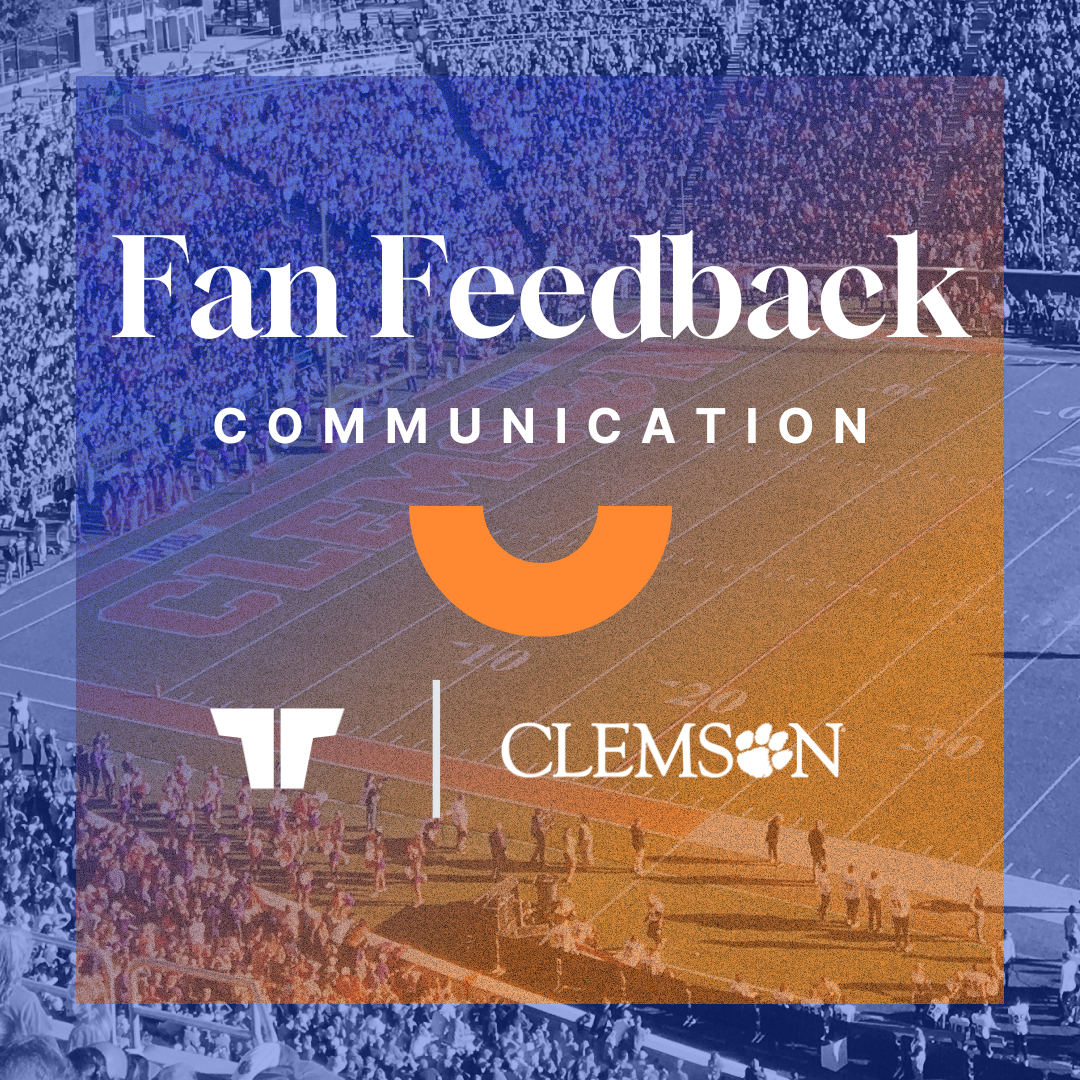Student mental health continues to be a pervasive challenge across institutions. But even as this “silent struggle” persists, there are signs for optimism: such as more students getting the treatment they need and less stigma around mental health issues.
This is a trend Iliana Melendez, Assistant Vice President and Dean of Students at Coastal Carolina University (CCU), has seen across her campus. “Because of how we’re engaging in conversations about mental health as a society, our students see it’s a lot more acceptable to engage in and say ‘I do need help. I’ve been struggling. And this is how somebody could help me now.’”
When CCU’s Athletics Department implemented RealResponse in 2021, leadership was surprised to find that mental wellness concerns were most likely to be surfaced through the platform. Having seen the tool’s impact on student-athlete communication and transparency, it became clear that the platform could bring meaningful, life-saving value to the full campus population.
About Coastal Carolina University
Coastal Carolina University, located in Conway, South Carolina, serves more than 11,000 undergraduate and graduate students. The public, liberal arts institution offers over 115 undergraduate major fields of study, boasts 19 Division I athletics teams and is in U.S. News & World Report’s top ten for Best Undergraduate Teaching in the South.
Student success starts with showing up in the right places
A few years out from the COVID pandemic, Melendez has witnessed students opting into more opportunities for face-to-face engagement. But one trend that hasn’t changed is the need to deliver support services across a breadth of channels.
“[The pandemic] shifted the way students expect the delivery of our services on our campus. We’re not keeping up if we’re not engaging students where they are,” says Melendez. “We’re fighting for attendance and for the student. If we can’t be innovative with how we’re engaging them, then that’s where we’re going to fail in the student experience.”
CCU has built a technology-powered framework for keeping a pulse on students’ needs and collecting insights to inform their continuous campus evolution. But as Melendez explains, gathering this information must be convenient and contextual from the students’ perspective—not another task or survey to be completed. Equally important is ensuring that faculty and staff are acting on the insights being captured.
“We have a lot of existing data. And so what are we doing with that now? How are we reconnecting with students to either get them the resources they told us they need, or communicate with them about some resources that they might benefit from?”
Changing the culture of reporting across CCU
As Melendez learned more about the benefits CCU’s Athletics Department had seen with RealResponse, the choice to bring it to the full campus community was an easy one. Her team developed a comprehensive rollout strategy, starting with a soft launch in February 2024 that scaled up as the 2024-2025 school year approached.
“We really wanted to change our students’ culture of reporting,” says Melendez. “I talked to every single incoming student who came to orientation during summer 2024 about RealResponse–-how we use it, when to use it, when not to use it. We had signs up all over campus and even partnered with University Housing to get custom residence magnets.”
By the fall of 2024, over 70 reports had been submitted via RealResponse, representing a breadth of concerns and campus populations.
“[Initially] we wanted to use it for Greek life, to help mitigate hazing issues. And while it’s done wonders for that, it’s gone well past that now. We’re getting reports from parents, students and faculty as well as staff.”
Embedding the platform campuswide requires collaboration. Melendez’s team partners with departments across CCU—including Human Resources, the Department of Public Safety, University Housing and more—to ensure cases are quickly routed to the relevant stakeholders. They’ve also developed a robust tagging system to track and report cases across a variety of details, from level of urgency to review status.
Most importantly, the two-way nature of RealResponse ensures that users receive pertinent updates about reports they’ve submitted—a critical feature for ensuring students in particular feel heard.
Says Melendez, “That’s the beauty of RealResponse. Even if I never hear from a reporter after their original submission, I can still thank them or let them know what we did with the information they provided, which is fantastic to be able to do.”
Learn more about how RealResponse can amplify the voices and insights you need to strengthen your institution’s culture.
